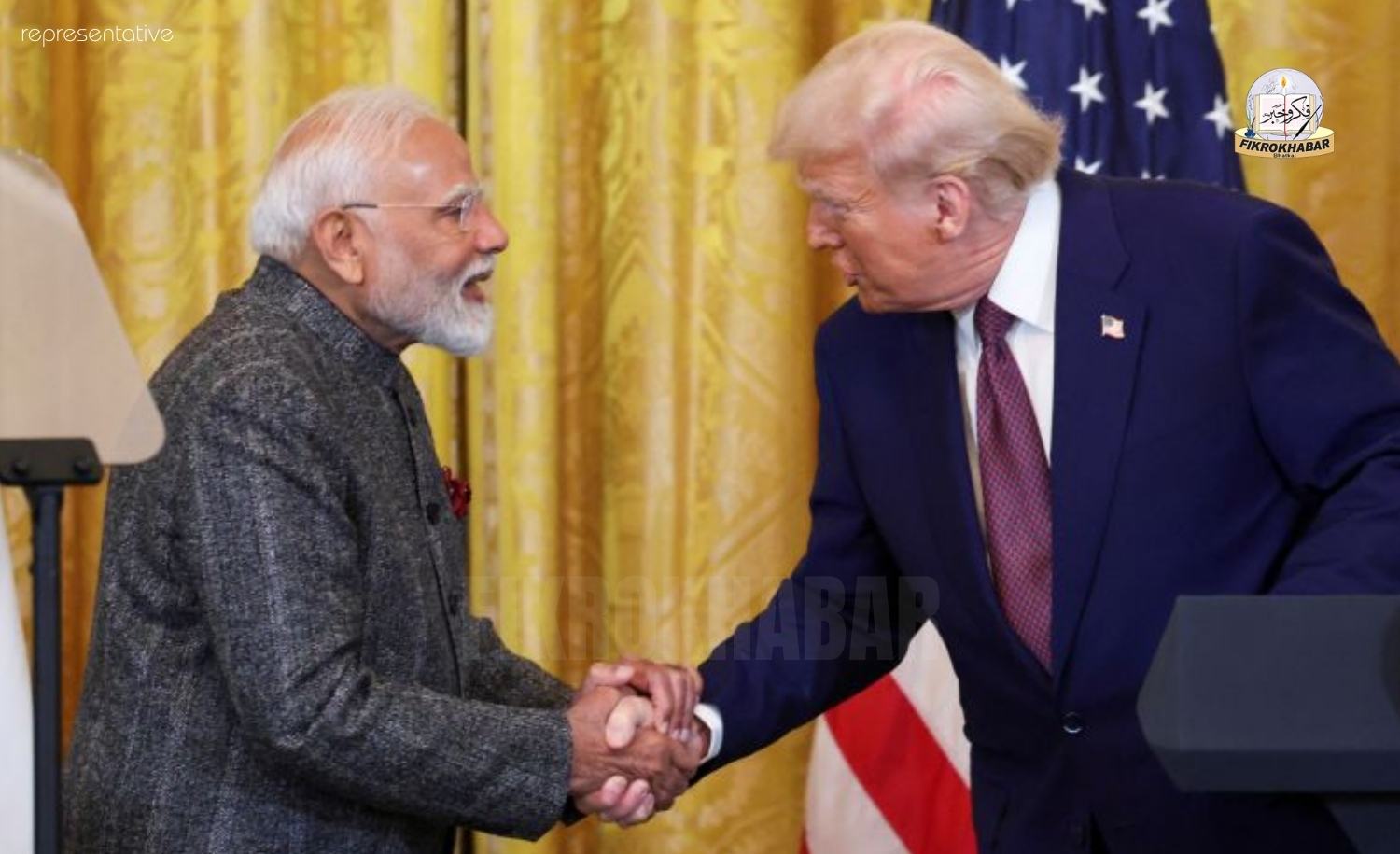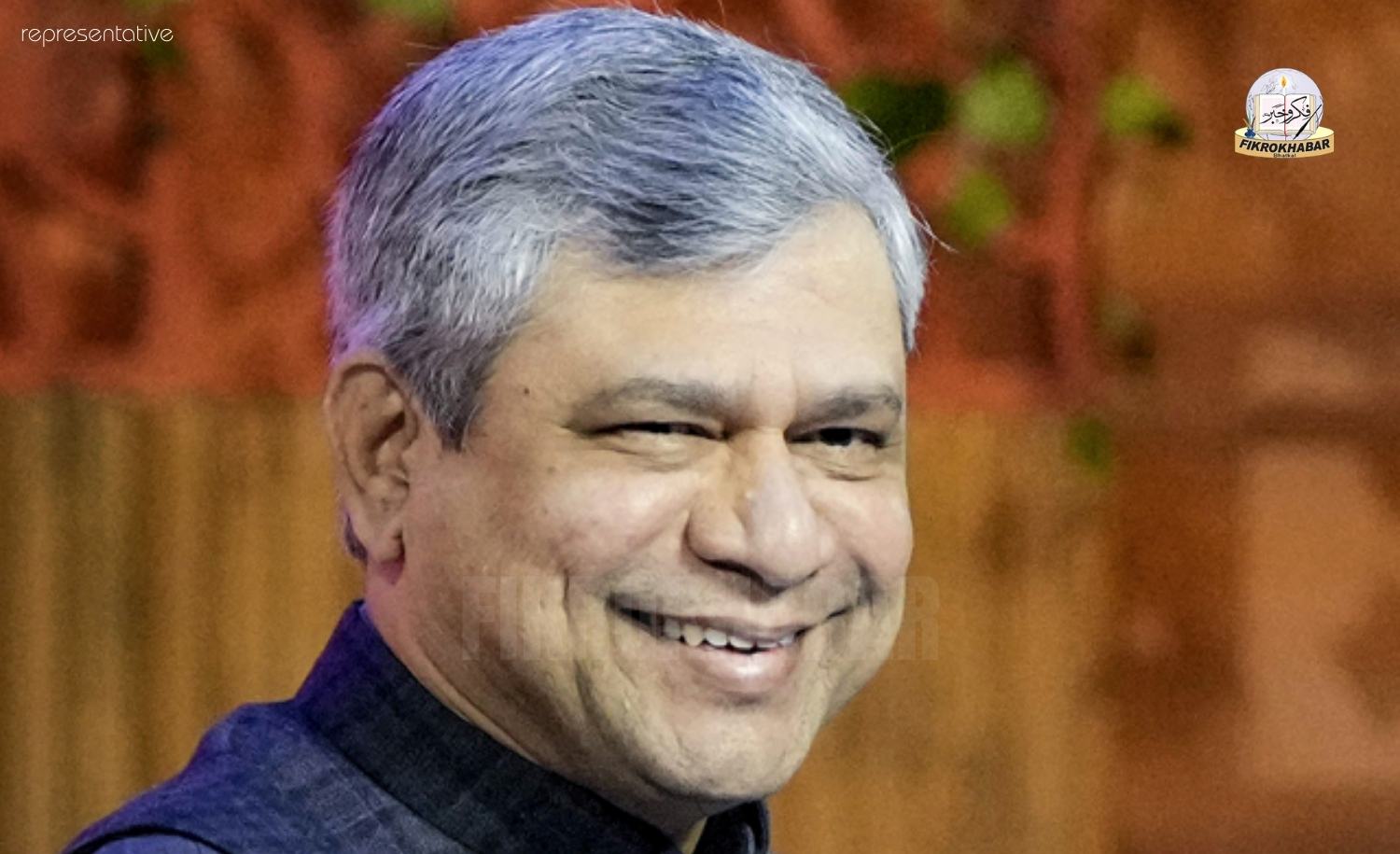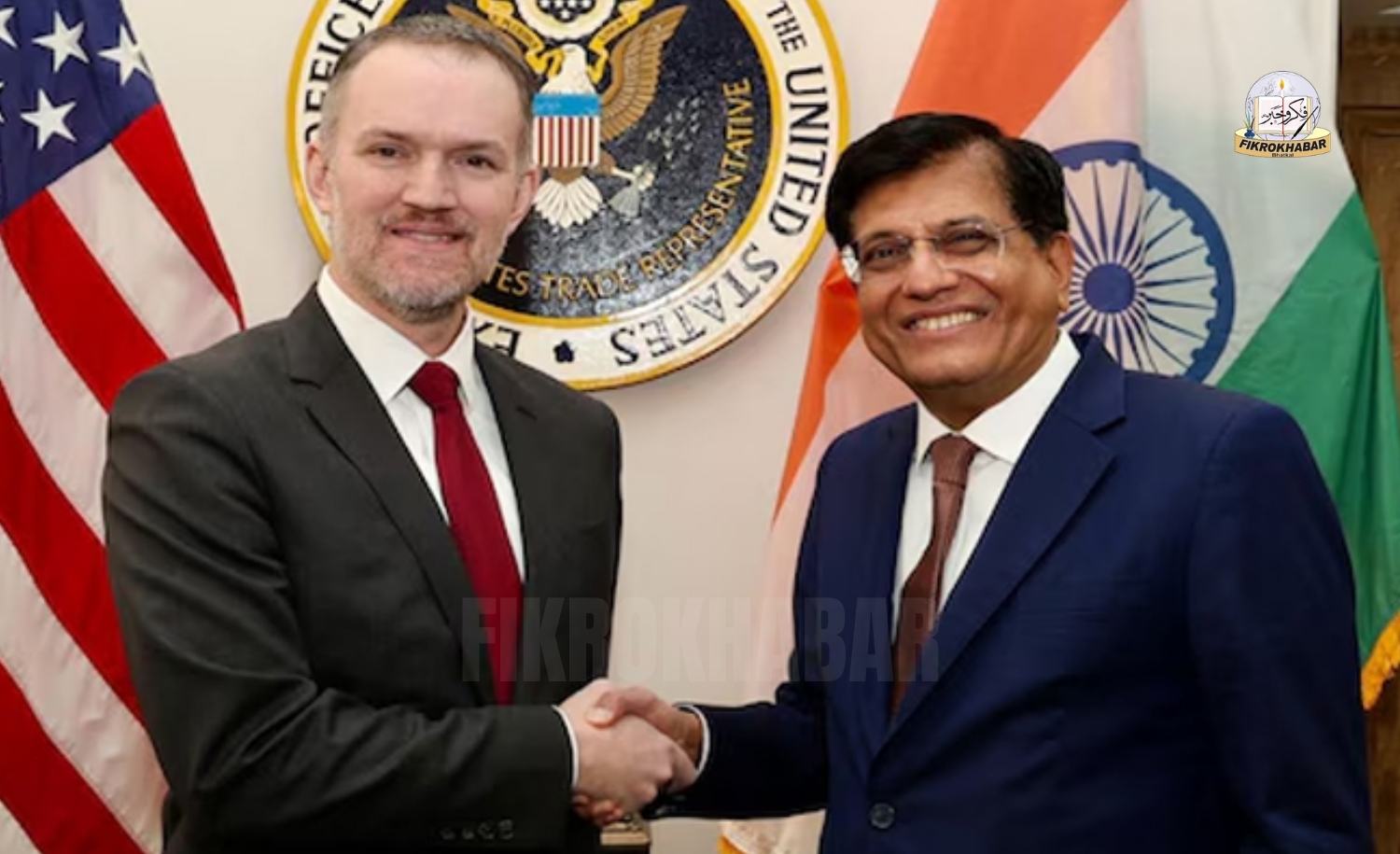Govt Plans Bills to Remove PM, CMs, Ministers Facing Serious Criminal Charges

New Delhi: The Central government is set to introduce three important bills in Parliament today (Wednesday) aimed at creating a clear legal system for the removal of a Prime Minister, Union Minister, Chief Minister, or a minister from office if they are arrested or detained in connection with serious criminal charges.
According to parliamentary sources, Home Minister Amit Shah will present the bills in the Lok Sabha and move a motion to send them for further examination by a Joint Committee of Parliament.
The three proposed legislations are:
- Government of Union Territories (Amendment) Bill, 2025
- Constitution (One Hundred and Thirtieth Amendment) Bill, 2025
- Jammu and Kashmir Reorganisation (Amendment) Bill, 2025
Why these changes are being made
Currently, there is no clear provision in the law or Constitution for removing a Prime Minister, Chief Minister, or Minister if they are arrested or detained in serious criminal cases. The government proposes to close this gap by formalising rules through these bills.
- Union Territories Bill (1963 Act Amendment): At present, the Government of Union Territories Act, 1963, has no clause to remove a CM or minister who has been arrested or is in judicial custody. The new bill will insert provisions making such removal possible.
- Constitution (130th Amendment) Bill: This will bring changes to Articles 75, 164, and 239AA of the Constitution, ensuring that the Prime Minister, Union Ministers, State Chief Ministers, and Ministers of Delhi can be legally removed from office if arrested on serious charges.
- J&K Reorganisation (Amendment): The Jammu & Kashmir Reorganisation Act, 2019, also lacks any guideline on this matter. The amendment to section 54 of the Act will provide a legal framework for removing the Chief Minister or ministers in J&K.
Next steps
Once introduced, all three bills will be scrutinised by a Joint Parliamentary Committee before being put up for discussion and final approval in Parliament.
The move is seen as a significant step towards ensuring accountability and integrity in political offices, especially at the highest levels of government.
Source: Based on reports from PTI and Parliament proceedings



